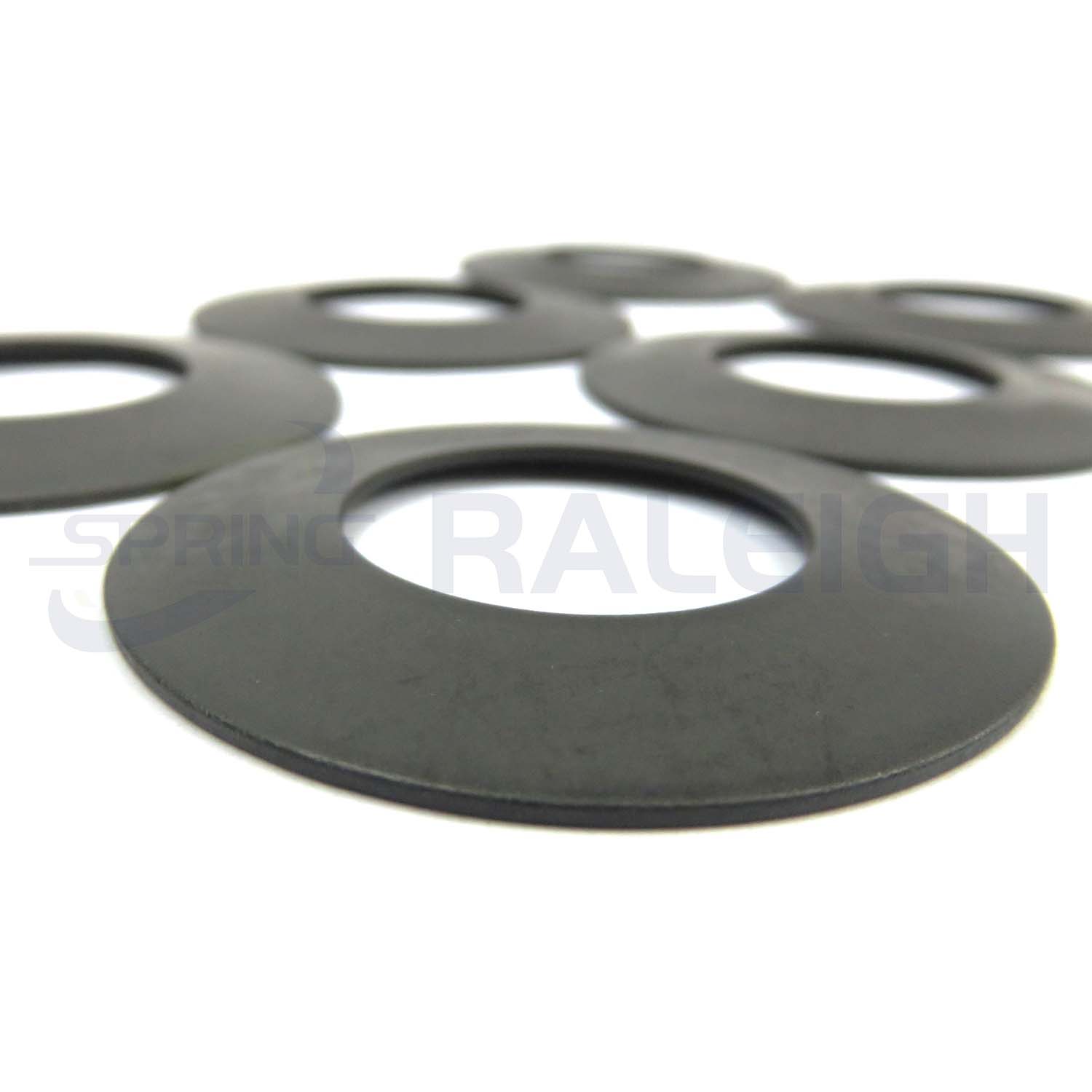When it comes to maintaining your Makita 4-cycle blower, one of the most critical aspects is selecting the appropriate oil. The right oil not only ensures optimal performance but also extends the lifespan of your equipment. In this article, we will delve into the specifics of what kind of oil a Makita 4-cycle blower requires, the importance of using the correct oil, and tips for proper maintenance.
Understanding 4-Cycle Engines
Before we discuss the type of oil needed, it’s essential to understand what a 4-cycle engine is. Unlike 2-cycle engines, which mix oil with fuel, 4-cycle engines have a separate lubrication system. This design allows for more efficient fuel consumption and reduced emissions. In a 4-cycle engine, oil is stored in a sump and circulated through the engine to lubricate moving parts, which is crucial for preventing wear and tear.
Recommended Oil for Makita 4-Cycle Blowers
For your Makita 4-cycle blower, the manufacturer recommends using high-quality, detergent oil that meets the API (American Petroleum Institute) service classification of SF, SG, SH, SJ, or higher. Specifically, a 10W-30 or 10W-40 oil is often suitable for various operating temperatures.
- Viscosity Ratings: The viscosity rating indicates how well the oil flows at different temperatures. A 10W-30 oil is versatile, providing good performance in both hot and cold conditions. If you operate your blower in extreme temperatures, consider using a synthetic oil, which offers better protection and performance.
- Synthetic vs. Conventional Oil: While conventional oils are often sufficient, synthetic oils provide superior lubrication and can withstand higher temperatures. They also resist breakdown better than conventional oils, making them an excellent choice for those who use their blowers frequently or in demanding conditions.
Importance of Using the Right Oil
Using the correct oil is vital for several reasons:
- Engine Protection: The right oil reduces friction between moving parts, minimizing wear and tear. This is especially important in a 4-cycle engine, where oil plays a crucial role in maintaining optimal performance.
- Fuel Efficiency: Proper lubrication helps the engine run smoothly, which can improve fuel efficiency. Using the wrong oil can lead to increased friction and, consequently, higher fuel consumption.
- Longevity: Regularly using the recommended oil can significantly extend the life of your blower. Neglecting this aspect can lead to premature engine failure, resulting in costly repairs or replacements.
How to Change the Oil in Your Makita 4-Cycle Blower
Changing the oil in your Makita 4-cycle blower is a straightforward process that should be performed regularly, typically after every 20-50 hours of operation, or at the beginning of each season. Here’s a step-by-step guide:
- Gather Your Supplies: You will need the appropriate oil, an oil drain pan, a funnel, and a wrench.
- Warm Up the Engine: Run the blower for a few minutes to warm the oil. This helps it drain more easily.
- Drain the Old Oil: Turn off the blower and allow it to cool slightly. Remove the oil fill cap and drain the old oil into the pan by removing the drain plug.
- Replace the Oil Filter (if applicable): If your model has an oil filter, replace it according to the manufacturer’s instructions.
- Add New Oil: Using a funnel, pour the new oil into the engine. Be careful not to overfill; check the dipstick to ensure you have the correct level.
- Dispose of Old Oil Properly: Take the used oil to a recycling center or a location that disposes of oil safely.
Conclusion
Choosing the right oil for your Makita 4-cycle blower is essential for maintaining its performance and longevity. By selecting a high-quality oil that meets the manufacturer's specifications and following proper maintenance practices, you can ensure that your blower operates efficiently for years to come. Remember, regular oil changes and using the right type of oil are key components of effective equipment care. With this knowledge, you can confidently keep your Makita blower in top shape, ready to tackle any outdoor task.






